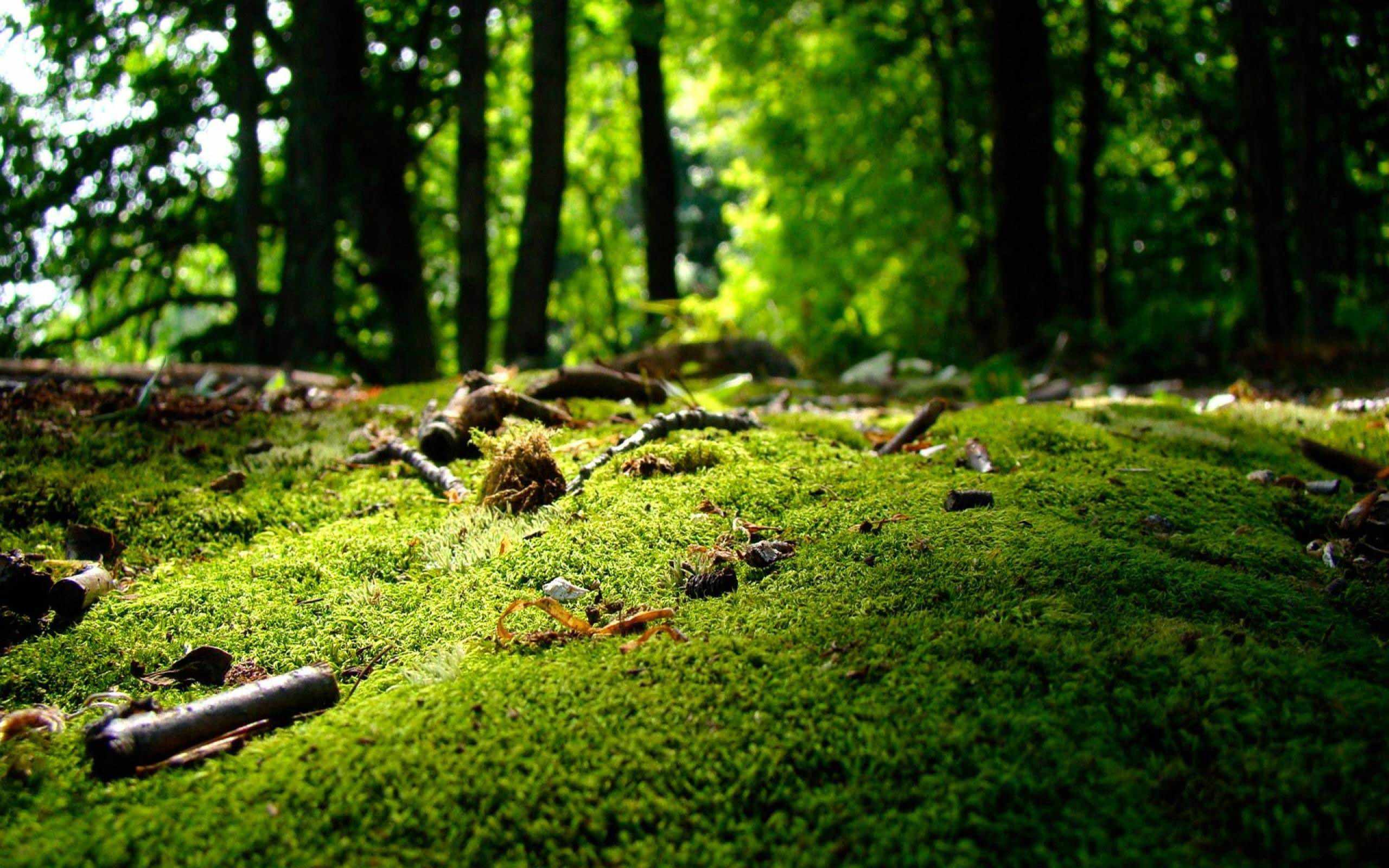Author:
Derek Wang
Short summary:
Because of systemic inequity, the effects of pollution and climate change hit at disproportionate rates: that's why for International Women's Day we celebrate the strength of five women whose contribution has changed environmentalism by the means of science, activism, and the attitude to break the rules thinking outside the box and acting outside expectations.

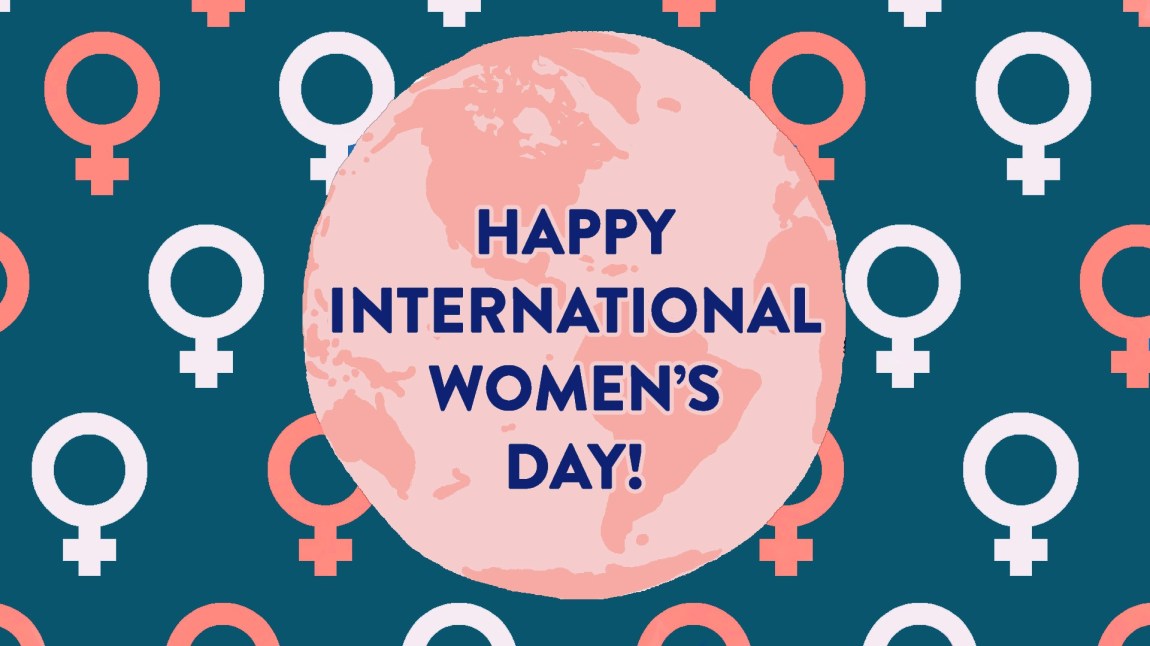
Five Female Environmentalists Who Changed the World
For International Women’s Day, we wish to take a few moments to celebrate five amazing female environmentalists who committed their lives to protecting our shared home. From groundbreaking biologists to brilliant authors, each of them has had and is still having an impact on society.
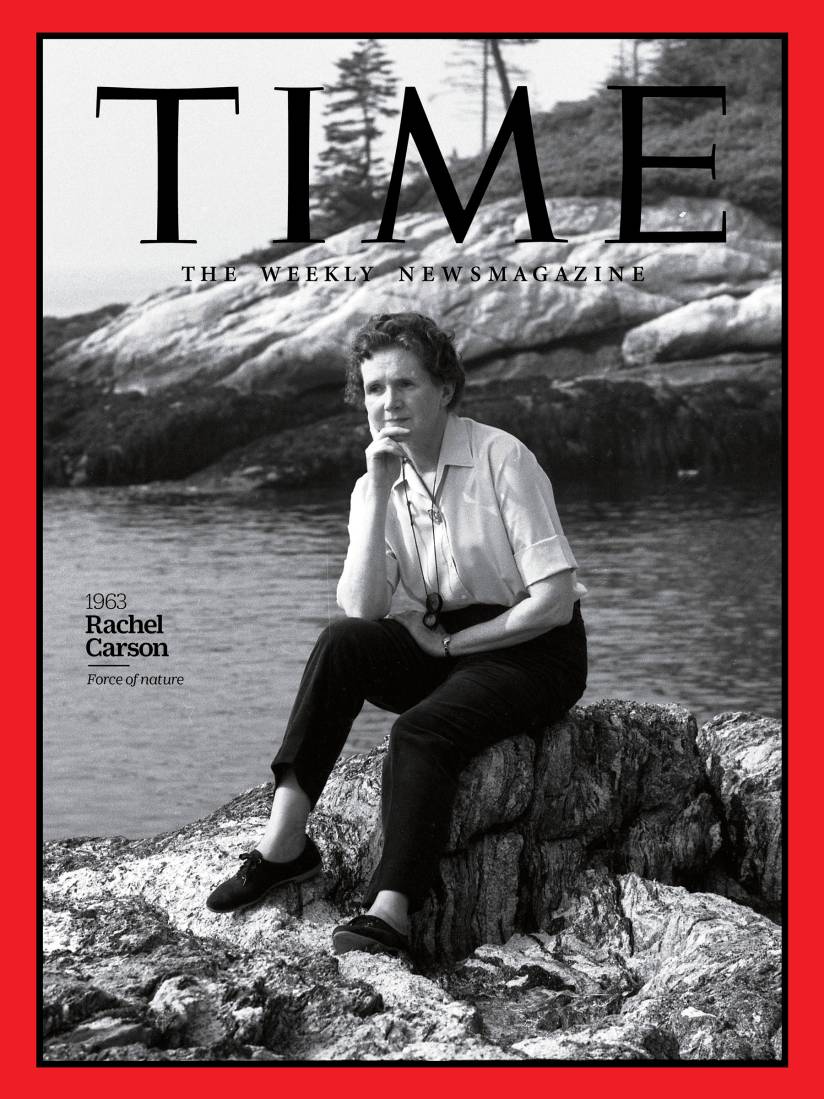
Rachel Carson
(1907 - 1964)
Rachel Carson is indeed a name that sounds familiar. Most people recognise her for her famous book, Silent Spring, in which she exposes the danger of synthetic pesticides, especially DDT. This book spurred the environmental movement in North America in the 20th century, and that’s why Carson is known as the mother of modern environmentalism. However, she was not a career author but a marine biologist. Her career started earlier in the U.S. Fish and Wildlife Service, and she started writing about science full time only after several publications about ocean life had become extremely popular. After the release of Silent Spring in 1962, she had to face sharp critics from the chemical industry and special their lobby whose interests were affected, but in the end her projections were proved to be correct. To understand the impact of her work it is sufficient to mention that the U.S. Environmental Protection Agency was established in 1970 thanks to the impact of Carson’s works, only 8 years after the book was published (6 after her death).
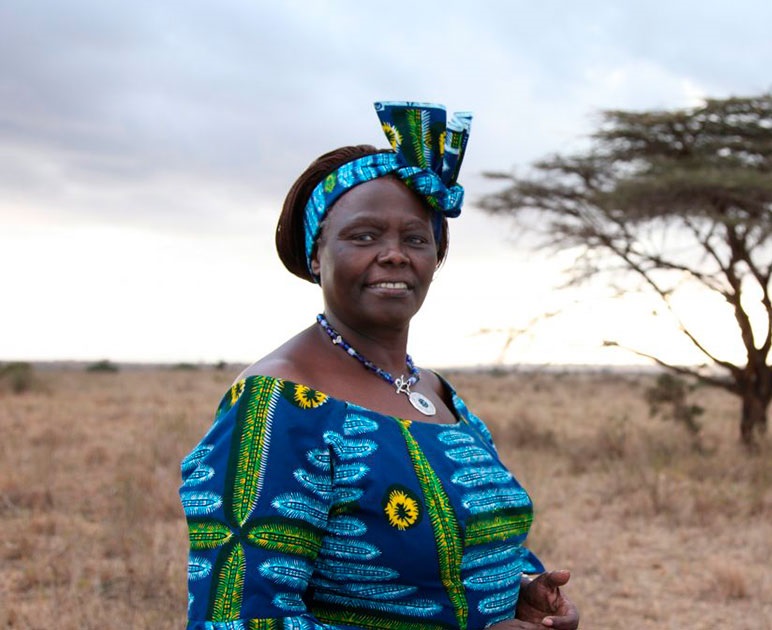
Wangari Maathai
(1940 - 2011)
As a young woman, Wangari Maathai was one out of 300 Kenyan students sponsored by the government to attend university in the United States. After completing undergraduate and master’s degrees in America, she decided to return to Kenya, where she spent a lifetime fighting for environmental protection and women’s rights. In 1977 she founded the Green Belt Movement to tackle both problems, by teaching Kenyan women from rural areas how to plant trees in deforested areas and promoting sustainability education.
For her great contributions to sustainable development and to the advancement of women’s rights, Maathai was awarded the Nobel Peace Prize in 2004 thus becoming the first African woman ever to achieve such an honour. She died of cancer in 2011, but her legacy of the Green Belt Movement continues to positively impact African nations: the organisation has trained more than 30,000 women and planted over 51 million trees all across the continent.
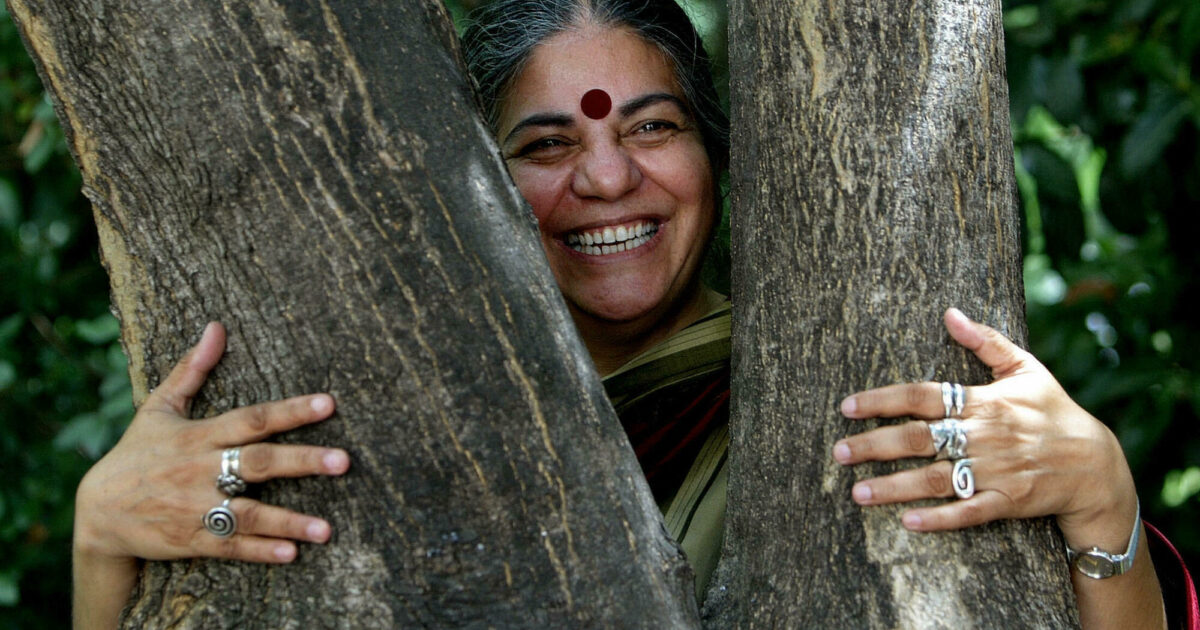
Vandana Shiva
Vandana Shiva (currently 68) is an Indian eco-feminist who has spent most of her life defending biodiversity. Shiva is a polymath, versing in multiple fields including physics, ecology, activism, philosophy, and literary criticism. In 1991, she founded Navdanya, a research institute that aims to protect the local biodiversity and culture of native people - especially in Asian countries - while also promoting fair international trade. Shiva fights for farmers’ rights and changes in agriculture and food production paradigms: one of her efforts also is the opening of Bija Vidyapeeth, a school and organic farm offering month-long courses in sustainable living and agriculture.
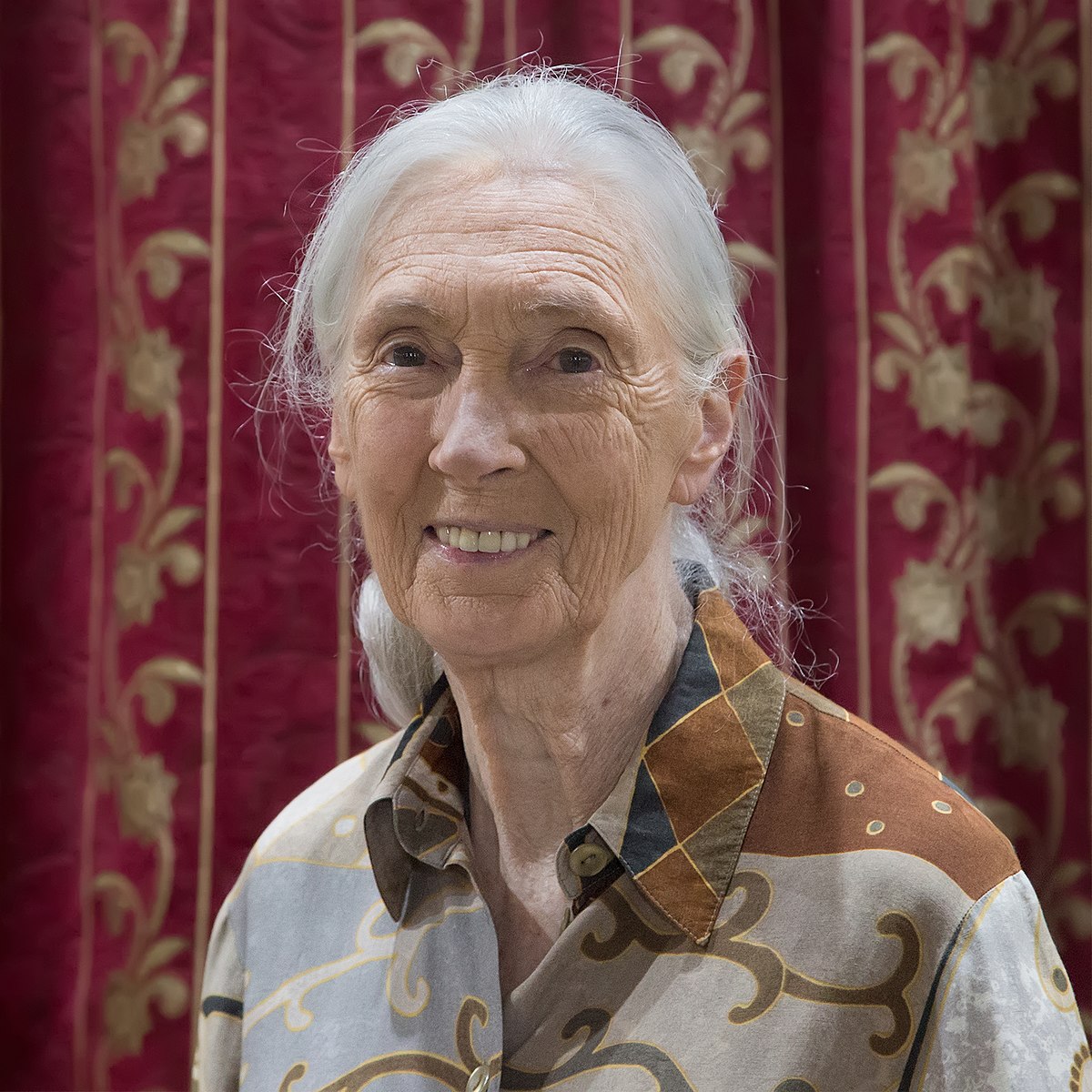
Jane Goodall
Before Jane Goodall, male scientists used to consider fellow female scientists too fragile for hard fieldwork. Goodall proved them wrong. The inspirational British primatologist (currently 86) is the world's foremost expert on chimpanzees after a 55-year-long study on wild chimpanzees in Tanzania, but she is also a dedicated advocate for environmental conservation and animal welfare. Her discovery of tool usage among chimps challenged the idea that animals had no intelligence like humans. She asserted that "we're not as different from the rest of the animal kingdom as we used to think." Today, the Jane Goodall Institute works with people around the world to develop a greater understanding of how humans can develop sustainable economy, technology innovation, and still protect the natural world.
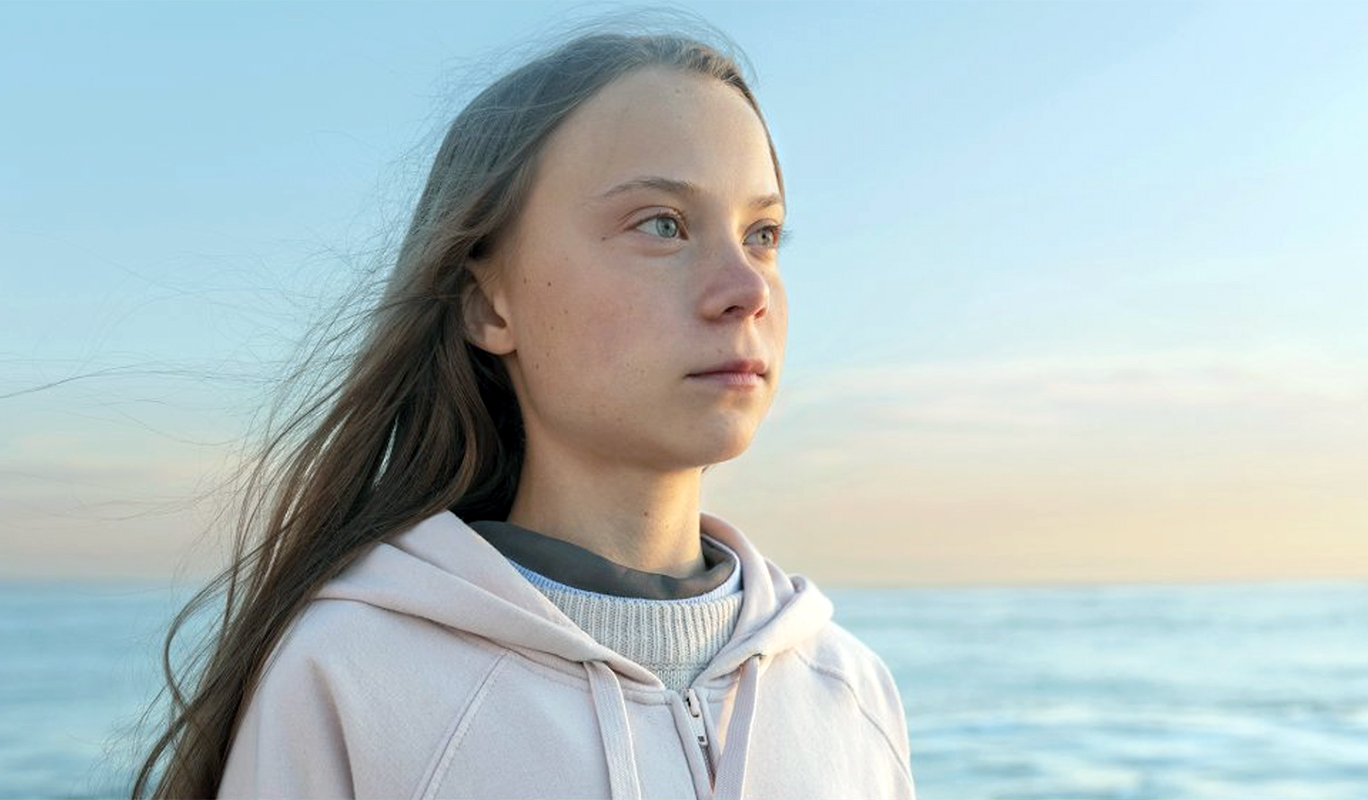
Greta Thunberg
Like her or not, one must admit that Swedish teenager Greta Thunberg is the leading force of a new generation of environmentalists. The 18 year old started the first school strike to grasp mainstream attention toward climate change in August 2018, when she was 15 years old only. Greta started protesting outside the Swedish parliament every Friday to demand action; slowly, other young people joined her, first locally, then around the world in more than fifty countries: her personal initiative turned into the “Fridays for Future” movement, now known worldwide, and she ended up speaking to global political leaders. Although Greta faces online bullying over her appearance, her diagnosis of Asperger's syndrome and more, she is also winning accolades around the globe, including two nominations for the Nobel Peace Prize.
In her words: “Some people can just let things go, but I can’t”.
.jpg)
References and pictures:
https://www.amightygirl.com/blog?p=11863
https://greenpop.org/10-woman-environmentalists-you-should-know-about/
https://healthebay.org/women-environmentalists/
https://www.discovery.com/nature/environmentalists-who-changed--and-continue-to-change--the-world
gettyimages.com
https://blog.ed.ted.com/2014/03/07/four-ted-ed-lessons-to-watch-on-international-womens-day/




